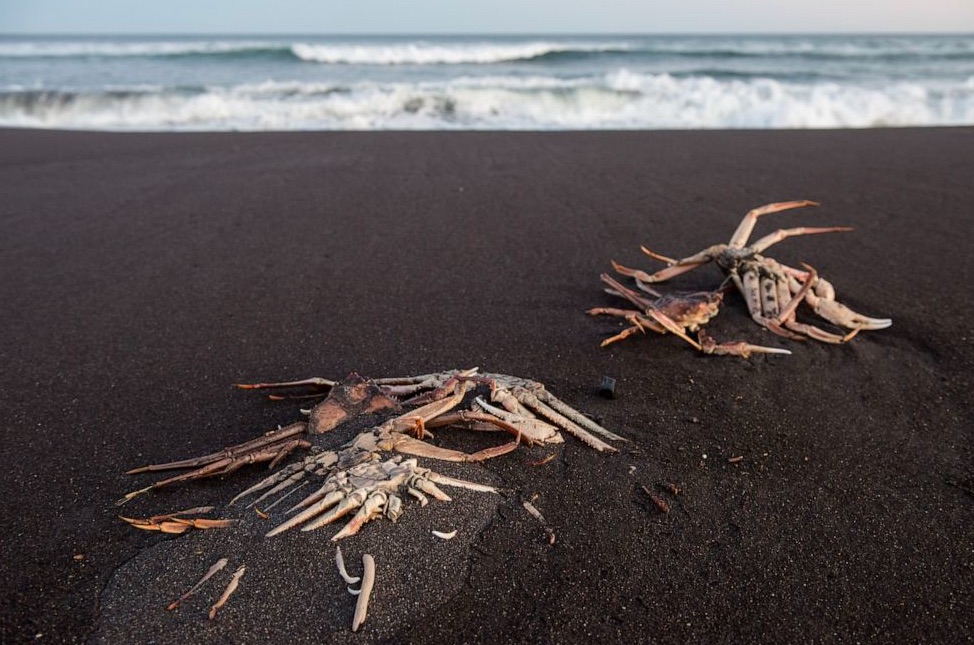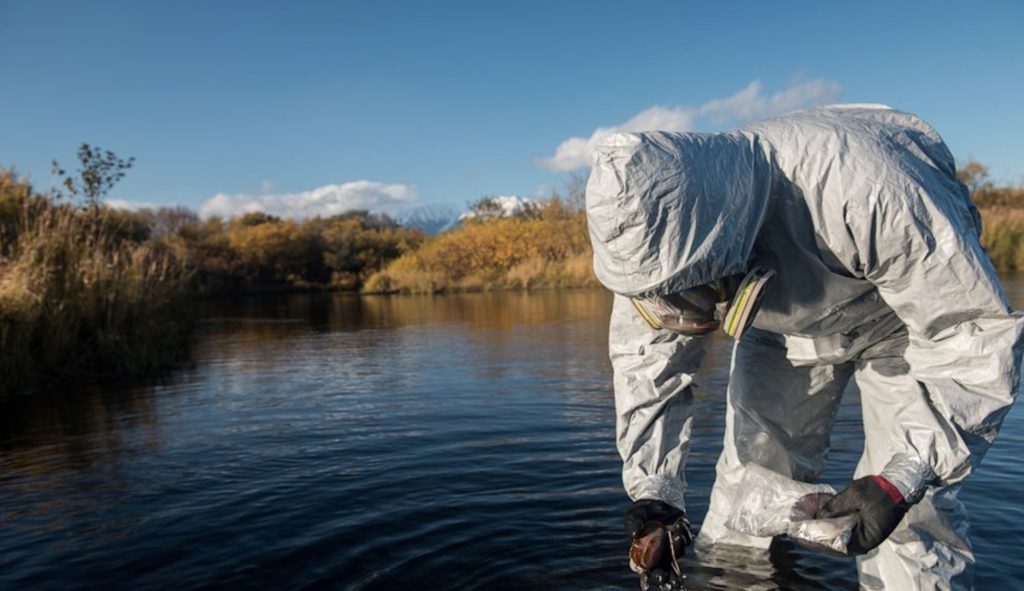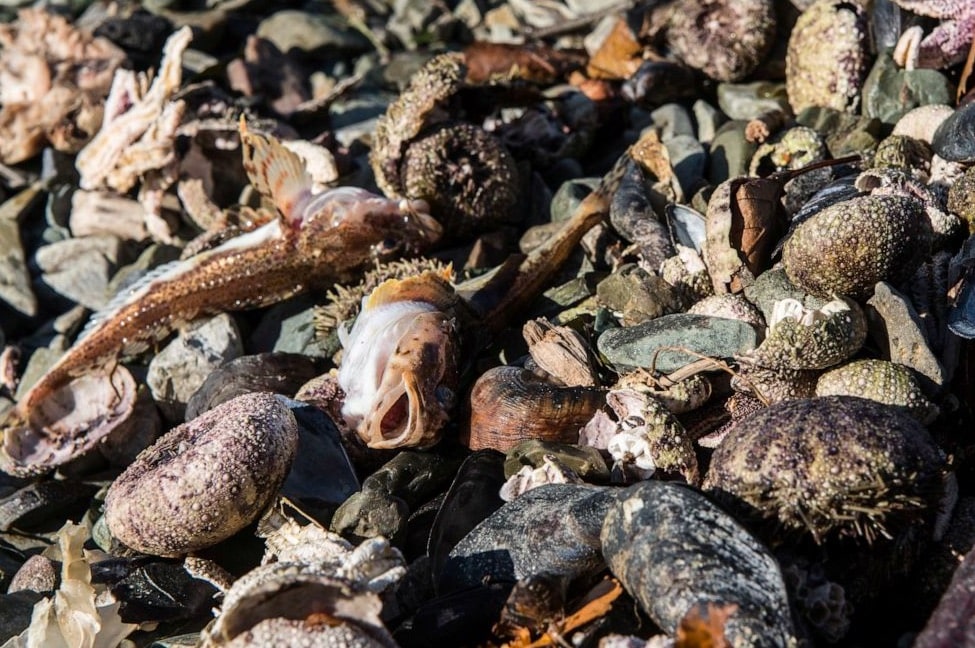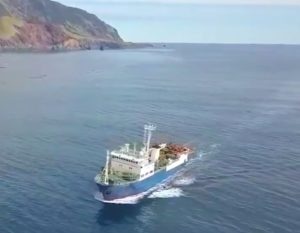Russia’s marine death caused by algae bloom

The massive marine die-off in Russia is now believed to be caused by an unprecedented algae bloom.
The mystery pollution which has caused surfers to suffer nausea, vomiting, diarrhoea, fever and corneal burns – as well as killing off 95 percent of bottom-dwelling organisms like sea urchins and star fish – is now suspected to be caused by algae bloom.
While pollution was the initial suspect, scientists now say the deaths were probably caused by an algal bloom says National Geographic.
“We didn’t expect that the area of algal blooming [would] be so massive,” says Kirill Vinnikov, a marine biologist at the Far Eastern Federal University. “It is an unprecedented case.”
“A vital element of this ecosystem has suddenly fallen out,” says Vasily Yablokov, Greenpeace Russia’s climate project manager, who has been taking samples in Kamchatka.
Samples taken at Khalaktyrskiy Beach found that levels of phenol, iron, oil products, phosphate ions, and mercury were several times higher than normal. But none of these concentrations, nor the wastewater dumped by a passing ship on September 23, seemed large enough to explain the sweeping die-off. Officials also ruled out leakage from a nearby pesticide dump and a military testing site.
Last week, scientists flew over the coast looking for clues. They spotted swaths of yellow, green and red water, suggestive of an algal bloom. These microscopic phytoplankton produce as much as half the world’s oxygen, but certain species can grow out of control when nutrients in runoff “overfeed” them or water temperatures increase. When this happens, they emit toxins and deplete oxygen levels in the water as they die and begin decomposing on the seafloor. That could explain high mortality among Kamchatka’s bottom-dwellers, Vinnikov says.
“We flew 100 kilometres to the south of Kamchatka, and we observed this kind of discolouration of the water almost along the whole coastal area,” he says. “The whole coastal zone is infected.”
Read more in National Geographic.












